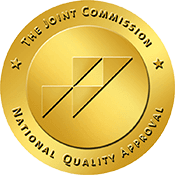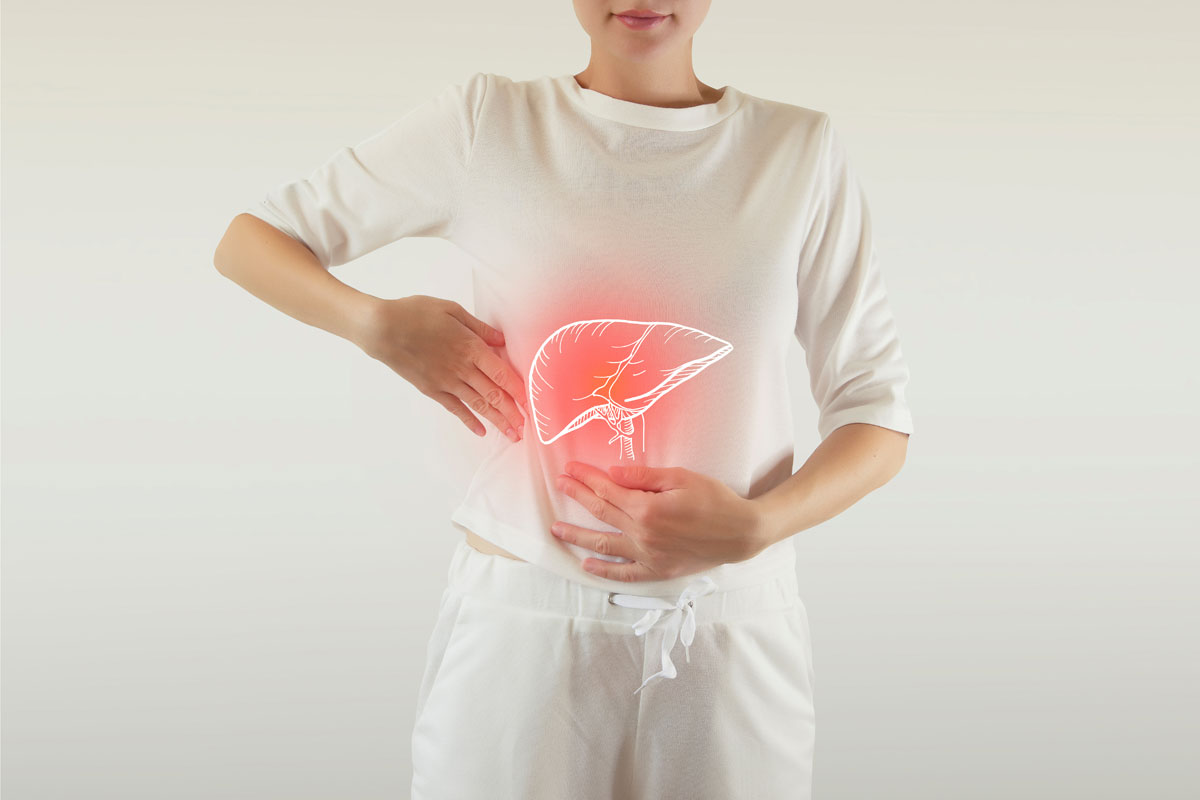Drug-induced liver injury is a concept familiar to many people who have watched medical procedural shows like Grey’s Anatomy, The Pitt, or Watson. But why does it happen and what are the symptoms? If you’re concerned about your substance use and that you may be experiencing liver damage, informing yourself about what to look for is a good way to make decisions about your future. If you decide to start recovery to regain your health, there is a rehab in Jacksonville, FL that can help. The drug and alcohol treatment center at Tides Edge offers evidence-based therapies and a high level of care.
What drugs cause liver damage?
Many drugs can damage the liver, including over-the-counter medications that people take without thinking. For example, excessive, daily acetaminophen use puts a strain on the liver and can cause harm to it. There are different ways liver damage can occur, depending on the drug and how it’s administered. Some drugs that are commonly injected lead to hepatitis, while others are just so difficult for the liver to continually process that the liver is stressed to the point of harm.
The most commonly abused drugs that lead to liver damage are:
Alcohol
Chronic alcohol abuse and addiction cause the liver to work overtime and lead to fatty liver, inflammation, scarring, and ultimately cirrhosis (irreversible scarring).
Cocaine
Cocaine use can lead to viral hepatitis when the drug is injected with shared needles, low blood pressure, or the breakdown of muscle tissue that releases toxins into the blood—these all damage the liver.
Inhalants
Inhalants like solvents, nitrites, gases such as butane, and aerosols are serious liver toxins and can lead to damage.
MDMA
Also referred to as molly or ecstasy, MDMA is directly toxic to the liver which works hard to metabolize this drug. Ecstasy is especially dangerous when combined with alcohol or other liver-toxic substances.
Methamphetamines
Meth use causes hyperthermia (high body temperature), free radical damage, and inflammation, all very damaging to the liver
Opioids
This class of drugs includes heroin, oxycodone, morphine, and fentanyl. When injected with shared needles, these can result in hepatitis, and the continued use of opioids taxes the liver as alcohol does. Heroin use via injection is the number one risk to the liver in this drug category.
All of these substances can lead to drug-induced liver injury, for example, outcomes like cirrhosis (widespread scarring), necrosis (the death of liver cells), or hepatitis. As scary as these possible outcomes seem, the minute you stop misusing these substances, your liver can begin to heal and regenerate. But do not wait too long. Severe damage eventually becomes irreversible.
Early signs of liver damage
Liver damage often develops gradually, making it easy to overlook in the early stages. Some of the early signs of liver damage to be aware of are easily mistaken for other things. Symptoms may include:
- Stomach pain
- Poor appetite
- Fatigue
- Low energy
- Diarrhea
- General malaise
If these signs, which seem vague, persist without your ability to identify a cause, go to your doctor. Being honest about your drug or alcohol use is critical in finding out what is really going on.
More advanced signs of liver damage
If you do have liver damage but did not notice those early signs when they were happening, you may notice some of these more serious signs.
- Edema, a swelling in the feet and ankles due to a build-up of fluid
- Ascites, which is a fluid buildup in your abdomen
- Fevers and attacks of the shivers
- Jaundice, a yellowing of the whites of the eyes (sclera) or the skin
- Extreme itchiness
- Bleeding gums
- Hair loss
- Redness on the palms or spider angiomas (small vessels becoming visible on the skin)
- Weight loss
- Weakness and wasting of muscle mass
- Cognitive issues such as confusion and memory loss
- Clubbed fingers (oddly shaped fingertips)
Because liver damage is reversible up to a point, there’s every reason to believe that, even with some of the above symptoms, you can repair your liver by becoming sober.
Visit the drug and alcohol treatment center at Tides Edge Detox Center today
Worrying about whether you have damaged your liver can be painfully difficult. Not knowing is always worse. Let your doctor know of your concerns and do a thorough work-up to find out about the health of your liver. Even if you have not done your liver any harm, if you continue to misuse drugs or alcohol, it could happen.
All of us at Tides Edge would love to help you begin the journey to health and recovery. Call us at 866.723.3127 to get started, or you can simply submit our convenient online contact form.









